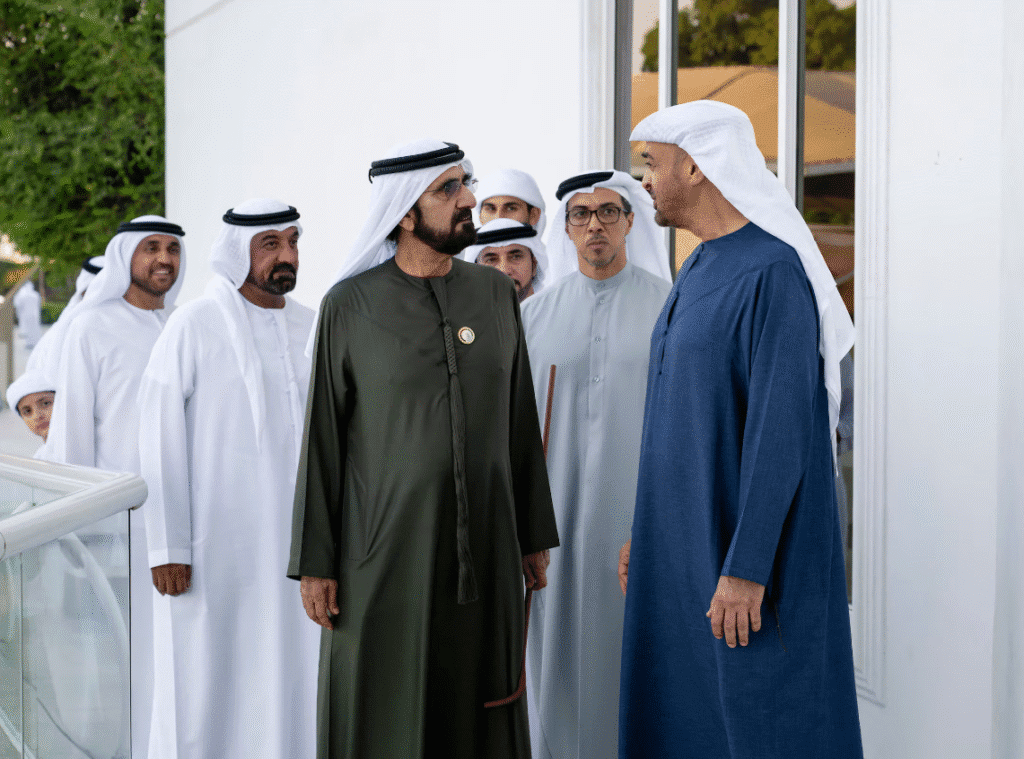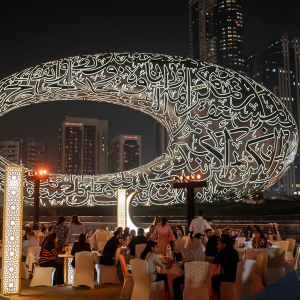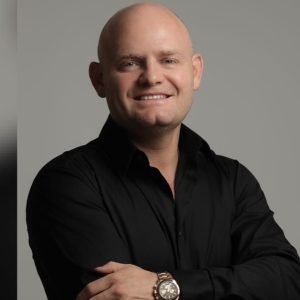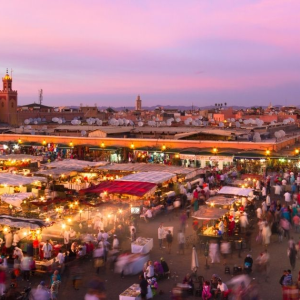UAE national priorities were the focus of a landmark meeting between President His Highness Sheikh Mohamed bin Zayed Al Nahyan and Vice President, Prime Minister, and Ruler of Dubai, His Highness Sheikh Mohammed bin Rashid Al Maktoum. The discussions were held at Qasr Al Bahr in Abu Dhabi and highlighted the leadership’s commitment to shaping the UAE’s future in line with its long-term vision of sustainable growth, innovation, and social development. This gathering reflects the leaders’ dedication to ensuring that the nation continues to progress across all key sectors, while enhancing the well-being of its citizens and residents.
The meeting revolved around multiple strategic themes, from strengthening national identity to economic diversification, governance reforms, and global diplomacy. Leaders reviewed existing programs and discussed innovative initiatives that aim to reinforce the UAE’s role as a global leader and model of sustainable development.
Strengthening National Identity and Social Cohesion
UAE national priorities place a strong emphasis on preserving cultural heritage and promoting a shared sense of identity among citizens. In the meeting, both leaders underlined the importance of fostering unity, national pride, and social cohesion. The discussions focused on measures to instill values that encourage respect, tolerance, and civic responsibility.

Promoting national identity includes nurturing the younger generations through educational and cultural programs that celebrate Emirati traditions, language, and history. By encouraging citizens to participate in cultural initiatives and community activities, the leadership aims to create a cohesive society where individuals feel connected to their roots while embracing global perspectives.
Social cohesion also includes efforts to enhance inclusivity and community engagement. Policies that strengthen family bonds, support youth empowerment, and promote volunteerism were highlighted as central to achieving a harmonious society. The leaders recognized that an engaged and unified community is essential for the UAE’s long-term stability and prosperity.

Advancing Healthcare and Family Wellbeing
Healthcare is a key pillar of UAE national priorities. The meeting focused on strategies to enhance the quality, accessibility, and efficiency of healthcare services across the country. Leaders emphasized the importance of preventive care, digital health solutions, and modern medical infrastructure to meet the growing demands of the population.
Programs aimed at supporting families were also a significant part of the discussion. Policies that promote work-life balance, maternal and child health, and social services for vulnerable groups reflect a holistic approach to societal well-being. The leadership stressed that strengthening family wellbeing contributes directly to the nation’s overall health and resilience.
Moreover, the UAE is focused on preparing its healthcare system for the challenges of the future. This includes investment in advanced medical research, training for healthcare professionals, and initiatives to encourage healthier lifestyles among citizens and residents. These measures are intended to reduce health risks, improve quality of life, and ensure a sustainable and robust healthcare sector.
Educational Reforms for Future Generations
Education is a cornerstone of UAE national priorities, as it shapes the future workforce and fosters innovation. During the talks, leaders evaluated ongoing reforms in the education sector designed to equip students with the skills required for a knowledge-based economy.
Key areas discussed included the integration of technology in classrooms, curriculum modernization, and the emphasis on critical thinking, problem-solving, and creativity. The leaders highlighted the importance of preparing students to thrive in global markets while also nurturing their understanding of cultural and ethical values.
Investment in higher education and vocational training was another focus, aiming to bridge the gap between academic knowledge and practical skills. Encouraging entrepreneurship, research, and innovation among students was emphasized as crucial for fostering a generation capable of contributing meaningfully to the UAE’s growth.
Special attention was given to ensuring equal access to education for all, with programs designed to support students from diverse backgrounds. These initiatives aim to maintain high standards while ensuring that every citizen has the opportunity to achieve their full potential.
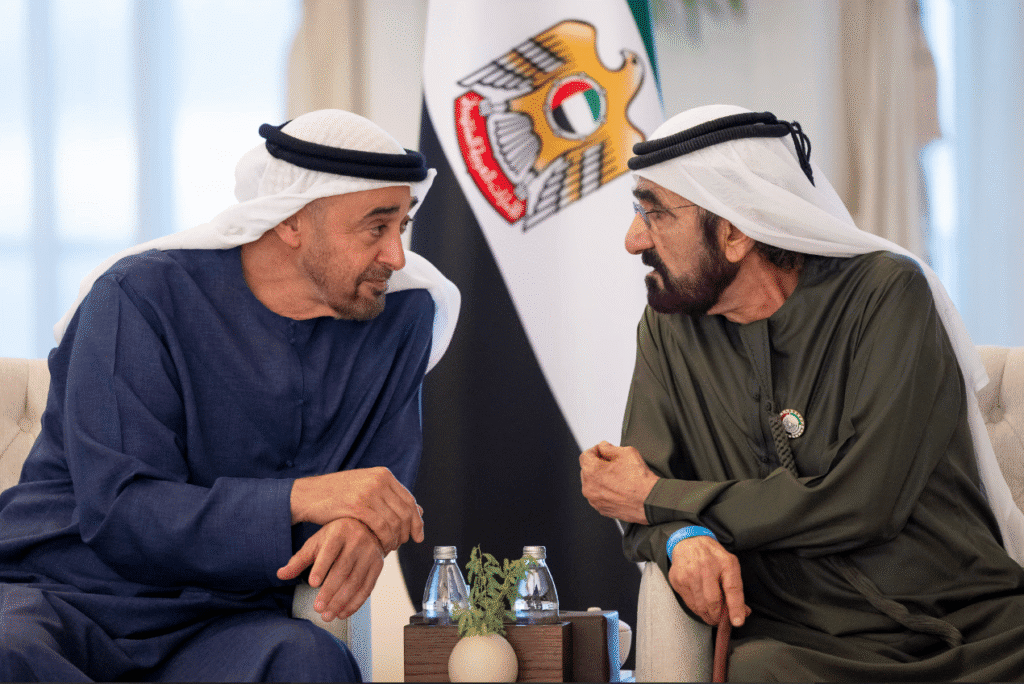
Economic Diversification and Innovation
Economic diversification continues to be a central theme of UAE national priorities. During the meeting, leaders stressed the need to reduce reliance on oil revenues and expand investment in technology, renewable energy, tourism, and creative industries.
Innovation and entrepreneurship were highlighted as drivers of economic growth. Policies that support startups, encourage research and development, and attract foreign investment were discussed as vital to creating a competitive, resilient economy. The UAE leadership also emphasized the importance of sustainable development in economic planning, ensuring that growth is both inclusive and environmentally responsible.
Digital transformation was another key focus, with discussions around adopting advanced technologies in government and private sectors. Leaders recognized that leveraging artificial intelligence, smart infrastructure, and data-driven solutions will strengthen economic performance and global competitiveness.
By promoting innovation and supporting diverse industries, the UAE aims to secure long-term prosperity, create employment opportunities, and enhance the overall quality of life for its citizens and residents.
Environmental Sustainability and Climate Action
Sustainability is a major component of UAE national priorities. The leadership emphasized the need for proactive measures to address climate change, protect natural resources, and promote renewable energy adoption. Initiatives were discussed to enhance energy efficiency, reduce carbon emissions, and foster sustainable practices across industries.
Green urban planning, renewable energy projects, and environmental awareness campaigns are key strategies to achieve these goals. The UAE leadership has committed to aligning economic development with environmental stewardship, ensuring a balance between growth and conservation.
Climate resilience and sustainable resource management were identified as critical factors for the country’s long-term security and prosperity. By integrating sustainability into national policies, the UAE aims to serve as a global example in environmental responsibility and climate action.
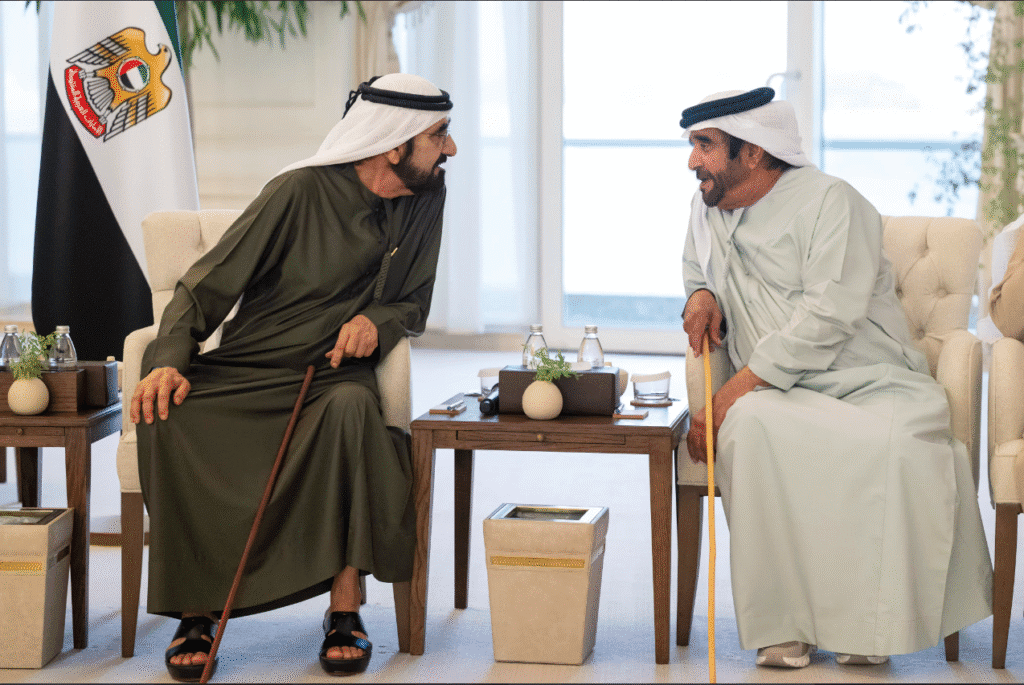
Enhancing Governance and Institutional Efficiency
Governance reforms are central to UAE national priorities, with a focus on transparency, accountability, and digital transformation. During the talks, leaders discussed streamlining government processes, adopting modern technologies, and improving institutional efficiency.
The leadership emphasized that responsive governance is essential for delivering high-quality public services and fostering trust between citizens and institutions. By leveraging digital platforms and data-driven strategies, the UAE aims to create a government that is agile, transparent, and capable of meeting the evolving needs of its population.
Additionally, leaders highlighted the importance of continuous evaluation and adaptation in public administration, ensuring that policies remain effective and aligned with the nation’s long-term objectives. Institutional reforms also support economic growth, social development, and environmental sustainability.
Promoting Global Diplomacy and Strategic Partnerships
The UAE’s international engagement was a key topic during the meeting. Leaders reviewed strategies to strengthen global partnerships, promote regional stability, and enhance the country’s diplomatic presence.
The UAE continues to play a proactive role in global humanitarian efforts, trade partnerships, and cultural exchanges. By maintaining strong diplomatic relationships and participating in multilateral initiatives, the country aims to contribute to peace, stability, and sustainable development both regionally and globally.
Strengthening strategic alliances and fostering international collaboration were identified as essential for economic, technological, and environmental advancement. The leadership also emphasized the importance of cultural diplomacy in building mutual understanding and trust with global partners.
Conclusion
The meeting between President Sheikh Mohamed bin Zayed and Vice President Sheikh Mohammed bin Rashid Al Maktoum reflects the UAE’s unwavering commitment to its national priorities. By focusing on strengthening national identity, advancing healthcare and education, diversifying the economy, promoting sustainability, enhancing governance, and building global partnerships, the leadership is steering the nation toward a future of prosperity, resilience, and innovation.
These discussions highlight the collaborative and forward-thinking approach of the UAE leadership, ensuring that the country remains a global leader in development, social welfare, and sustainability. The initiatives discussed not only address immediate challenges but also lay the groundwork for long-term growth and success, securing a bright future for generations to come.
Do follow UAE Stories on Instagram
Read Next – Mohammed bin Rashid Leadership Forum 2025: Dubai’s Visionary Summit

